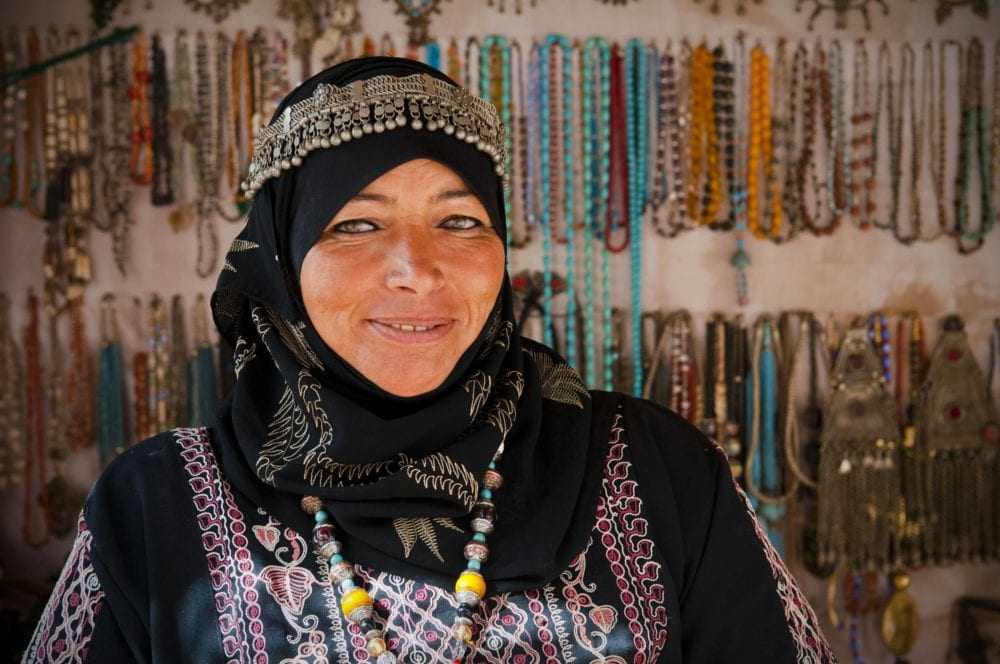Key Takeaway: Private equity investors are relying more on the United Nation’s Sustainable Development Goals to guide their funding choices in emerging markets, a panel in London said today.
The United Nations’ sustainable development goals, set up in 2015 as a roadmap to a better future, are serving as another kind of guide — helping investors make financial choices.
That’s according to a panel of private equity investors who spoke today at the Sustainable Investing in Emerging Markets Summit in London.
“I think the sustainable development goals is the best framework to turn the very artisanal, very hard-to-define impact investment desire into a real framework for execution advice,” said John Morris, a founding partner and CEO of 17 Asset Management. The “17” in the firm’s name refers to the goals.
Morris was one of more than 50 speakers at the conference held by the Emerging Markets Private Equity Association, a Washington, D.C.-based trade group focused on opportunities and challenges of investing in developing regions. Executives from companies in growing markets and investment firms, as well as government and trade group officials participated.
Runa Alam, co-founding partner and CEO of Development Partners International, said the goals are a good benchmark for environmental, social and corporate governance investing.
“I think the sustainable development goals is the best framework to turn the very artisanal, very hard-to-define impact investment desire into a real framework for execution advice.”
“We have ESGs, so there’s no harm, there’s good governance, and there is a lack of pollution, global standards, occupational safety, and gender balance,” said Alam, whose PE firm focuses on Africa. “We receive a higher return … because we sell to global multinationals, and African strategics, which actually now pay the highest multiples on exit,” she said.
Gender Equality
The panel focused largely on the fifth U.N. goal, which calls for gender equality and women’s empowerment. Alam said about 35% of the employees working at the companies her firm has invested in are women. About 45% of her firm’s partners are women.
Such investing isn’t simply cosmetic, panelists said. Alam said she believes that by reaching for the SDG target can lead to double the returns that might normally be expected.
Morris’ firm’s first fund has similarly invested in women-led enterprises, focusing on Jordan. The firm has also staffed its in-country office with women.
“We came to the conclusion that there were five investable key industries where we felt returns were available,” he said, but his firm also quickly realized that the biggest opportunity came from encouraging gender equality and women in the workplace. The reason? Jordan has more educated women than men — but lower rates of women participating in the workplace than even Saudi Arabia.
“So there’s something wrong there,” Morris said. “The opportunity to turn that around is fantastic for economic prosperity.”
His example spoke to what was perhaps the main message from the panel, that SDGs and investment opportunities can work hand-in-hand to make the world a better place.
EMPEA is a leading industry organization for private capital investing in the emerging markets and is a strategic partner of Karma.






















